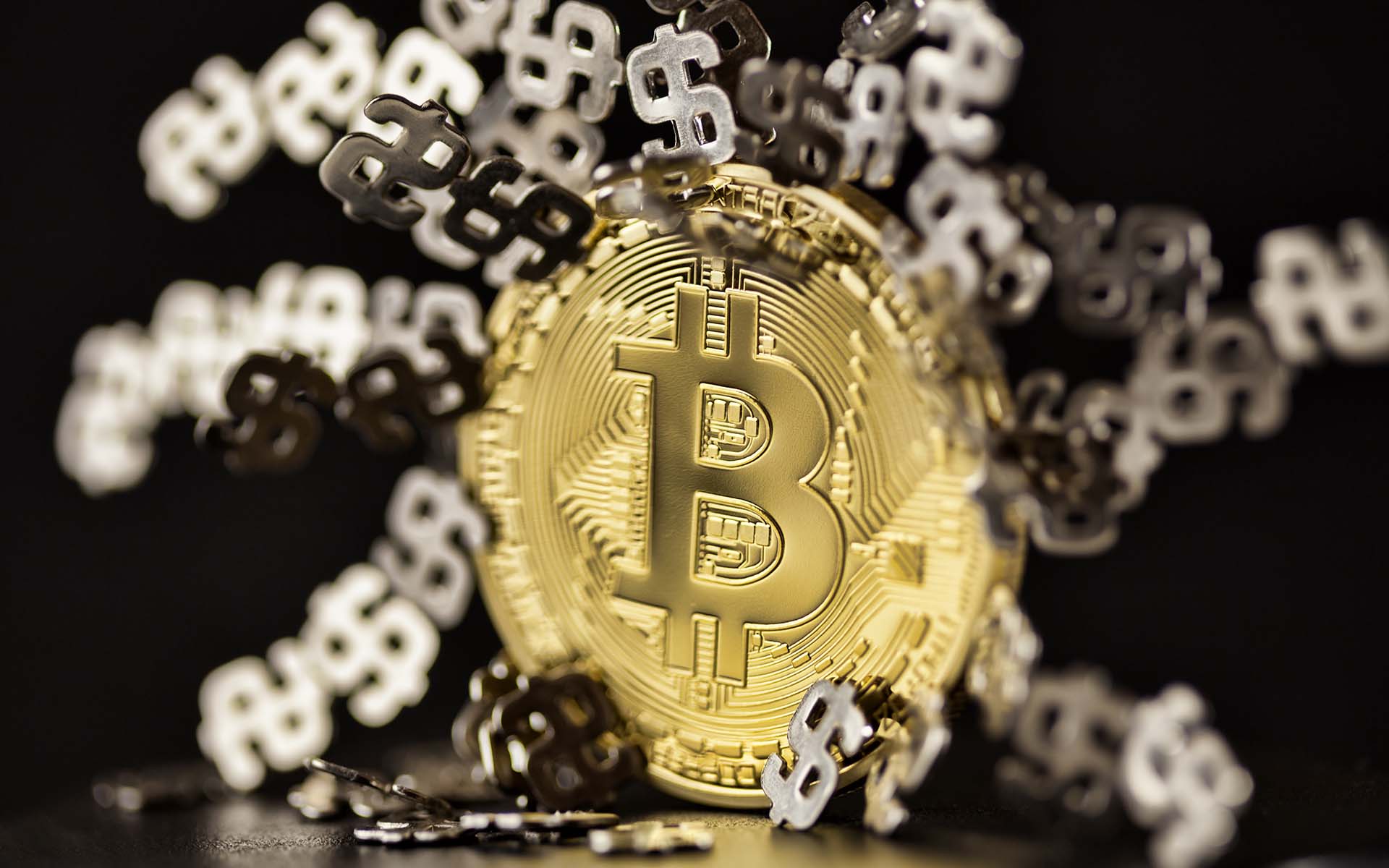
The value of Bitcoin continues to dominate the headlines as prices climb ever higher. This has attracted even more investors to venture into bitcoin mining, looking to make a killing off the digital currency.
If you’re thinking about getting rich by mining bitcoin, though, think again. Much like panning for gold in the Yukon River was a waste of time for more than 100,000 prospectors looking to find their fortunes during the Klondike Gold Rush of the 1890s, so too is mining for the popular cryptocurrency.
In simplest terms, in order to mine bitcoin, computers running special mining software mine ‘blocks’ that reward them with bitcoin. Bitcoin Wiki explains:
Each block contains, among other things, a record of some or all recent transactions, and a reference to the block that came immediately before it. It also contains an answer to a difficult-to-solve mathematical puzzle – the answer to which is unique to each block. New blocks cannot be submitted to the network without the correct answer – the process of “mining” is essentially the process of competing to be the next to find the answer that “solves” the current block. The mathematical problem in each block is extremely difficult to solve, but once a valid solution is found, it is very easy for the rest of the network to confirm that the solution is correct. There are multiple valid solutions for any given block – only one of the solutions needs to be found for the block to be solved.
Sounds easy, right? Wrong. The difficulty to mine each block and the power required to do so have increased to such an extent that only those who have invested enough in mining rigs and computing power have any real chance to mine enough bitcoins to be considered ‘rich’. The rest are lucky to break even, and most end up spending more in equipment and electricity costs than they ever actually earn.

Should Investors Be Worried About the Turn of Events?
With more and more people joining the mining community, two questions still linger – one, should you be worried about the abrupt turn of events? Two, will Bitcoin mining be remembered in history as just an investment that got only a few people rich?
The tremendous increase in the price of Bitcoin in the last year or so has seen many speculators sucked in, with many of them being ordinary investors without much know-how about Bitcoin mining. It is also likely that more have been drawn in because of news from mainstream financial exchanges announcing that they plan to make Bitcoin a tradable asset by offering Bitcoin futures and derivatives.
Satoshi Nakamoto’s original idea behind the digital currency was that it would become purely a store of value, just like gold. But over time it has come to be viewed by many as a replacement of currencies like the pound, euro, and dollar – one that is fully decentralized therefore incapable of being altered or controlled by any central bank. This has led to many people in the banking industry to consider bitcoin as a big fraud, with big names such as Lloyd Blankfein of Goldman Sachs and Jamie Dimon of JP Morgan describing it as a bubble that would eventually pop.
The Bank of England’s deputy Governor Sir Jon Cunliffe also added his view, saying that Bitcoin is just a sideshow and that it is not big enough to pose a threat to the larger global economy. He has also cautioned investors, asking them to first “do their homework” before they put in money into it.
Bitcoin is enjoying a free ride, as of now, but with regulators getting closer to regulating this freshly minted industry, it is not certain what the future holds. Investors feel that they have done their homework well, while regulators, on the other hand, feel that they have more work yet to do.
Do you think Bitcoin a worthy investment now that mainstream financial exchanges are considering it as a tradable asset or a risky one considering regulators are likely to move in soon? Let us know in the comments below.
Images courtesy of AdobeStock


















